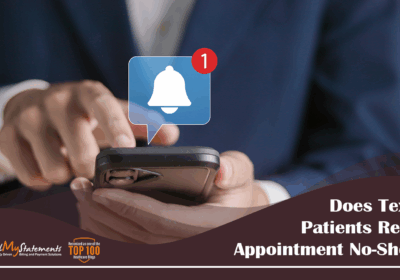Building a Better Blockchain Patient Billing Process

Blockchain technology, initially recognized for its role in cryptocurrencies like Bitcoin, is now making significant strides in healthcare, particularly in patient billing and electronic health records (EHRs). As of 2025, the global blockchain in healthcare market is projected to reach $5.5 billion, with expectations to grow at a compound annual growth rate (CAGR) of 52.48% through 2030.
Enhancing Electronic Health Records with Blockchain
Traditional EHR systems often face challenges related to data fragmentation and interoperability. Blockchain technology addresses these issues by providing a decentralized and immutable ledger, ensuring that patient data is securely stored and easily accessible to authorized parties. This not only enhances data integrity but also facilitates seamless sharing of patient information across different healthcare providers, leading to improved care coordination and patient outcomes .
Blockchain’s robust encryption and audit trails bolster data security, aligning with HIPAA compliance requirements and protecting sensitive patient information from unauthorized access.
Strengthening Cybersecurity in Healthcare
Cybersecurity remains a paramount concern in healthcare, with data breaches posing significant risks. Blockchain’s inherent characteristics—decentralization, immutability, and transparency—offer a fortified defense against such threats. By ensuring that all transactions are permanently recorded and verifiable, blockchain minimizes the potential for fraudulent activities and unauthorized data alterations.
Additionally, smart contracts within blockchain frameworks can automate access controls, granting permissions only to authorized users and maintaining comprehensive logs of data interactions. This not only enhances security but also streamlines compliance with regulatory standards .

Revolutionizing Patient Billing Management
Blockchain’s application in patient billing introduces a new level of transparency and efficiency. By recording every billing transaction on an immutable ledger, healthcare providers can reduce errors, prevent duplicate billing, and expedite the reimbursement process. Smart contracts can automate claim submissions and approvals, significantly decreasing administrative burdens and accelerating revenue cycles .
Patients benefit from increased clarity in billing, with access to detailed records of services rendered and associated costs. This transparency fosters trust between patients and providers, potentially enhancing patient satisfaction and retention.
Looking Ahead
The integration of blockchain in healthcare is poised to transform various facets of the industry, from securing patient data to optimizing billing processes. As the technology continues to evolve and gain adoption, healthcare organizations are encouraged to explore blockchain solutions that align with their operational needs and compliance requirements.
For practices interested in leveraging blockchain to enhance their billing systems, consulting with experts in healthcare technology can provide valuable insights and guidance.
Benefits of blockchain in patient billing management
Blockchain’s ability to eliminate errors can help prevent billing inaccuracies, which can be quite costly for medical practices. For example, you can receive a report with proof of completed transactions, which generates an error message if someone on your staff accidentally submits the same service for reimbursement twice. Catching this issue before submission to the insurance company speeds up the time it takes for payment and eliminates expensive delays.
Blockchain in patient billing also provides a detailed, transparent record of every transaction. If you need to address a payment issue with a patient or an insurance provider, you’ll have all the information you need to get to the bottom of the problem within your billing system. Everything can be automated, accelerating your revenue cycle and fine-tuning its efficiency.
If you’re interested in exploring how blockchain can benefit your billing process, connect with the team at MailMyStatements today. Our experienced professionals can help you implement the right tech solutions for your practice.
![]()



